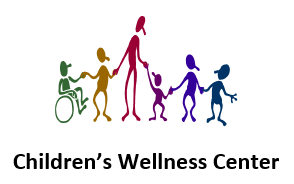Eczema is a chronic disease of the skin causing dry, itchy, irritated skin. Many infants and children diagnosed with eczema, also have hay fever, food allergies and asthma. The exact cause of eczema is unknown, but the condition tends to run in families. Occasionally, certain triggers will make eczema worse. Triggers may be certain foods, temperatures, pets, mold, infection, stress, or skin products. If you and your provider have determined a certain trigger, try to remove the triggers as best as possible. Some children outgrow eczema, while others continue to have the condition to a lesser severity as adults. Although there is no cure for eczema, the goal is good skin care and preventing “flare-ups” or when the symptoms and skin are worse. Bathing should be short (5-10 minutes) with lukewarm water. Avoid scrubbing or rubbing of the skin. Soaps should be mild soap made for sensitive skin. After bathing, the skin should be patted dry and immediately followed by liberal amounts of dye-free, fragrance-free moisturizer. Moisturizing the skin should be done twice a day despite how often bathing is done. Keep your child’s fingernails short to prevent scratching and breaking the skin layers. Also, avoid irritating fabrics such as wool. Laundry detergent should be fragrance free and avoid using dryer sheets. Despite these above measures sometimes, your provider may order a prescription cream/ointment or oral medication. It is essential that these creams are only used to the dry skin areas and for the length of time your provider has given you since many of these medications have side effects.
Examples of cleansers: Aveeno, Cetaphil, Exederm Examples of moisturizers: Aquaphor. Aveeno, Cetaphil, Vaseline For additional information please click on the links below.
http://www.mayoclinic.org/diseases-conditions/eczema/basics/definition/con-20032073 http://kidshealth.org/parent/infections/skin/eczema_atopic_dermatitis.html
ac

